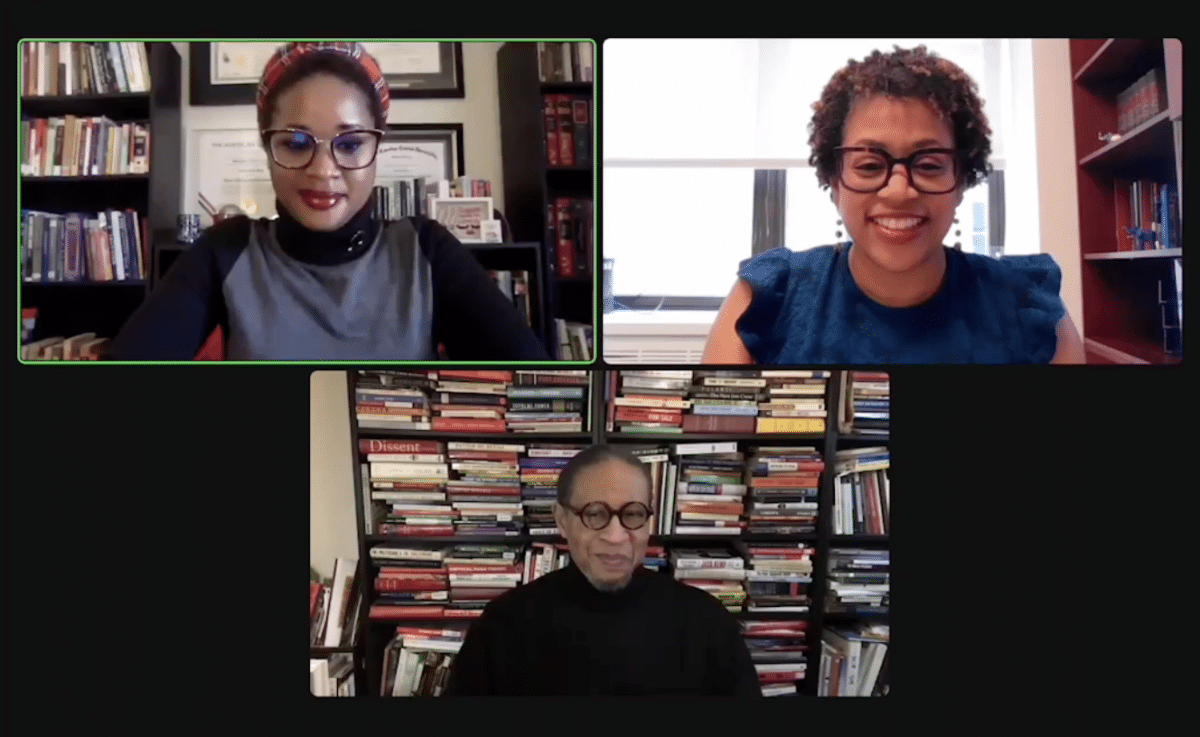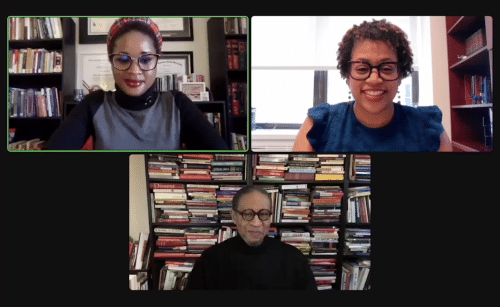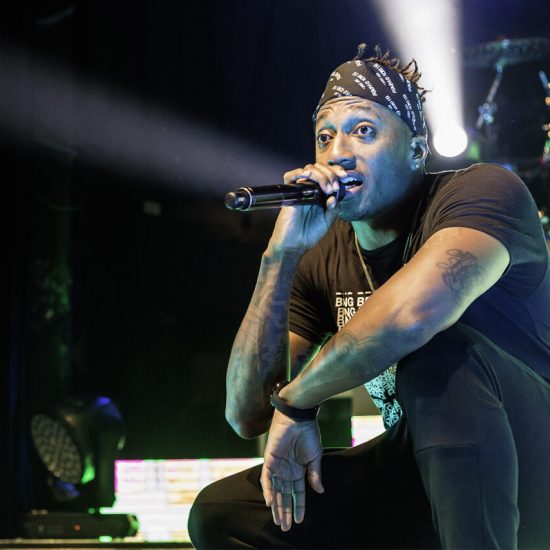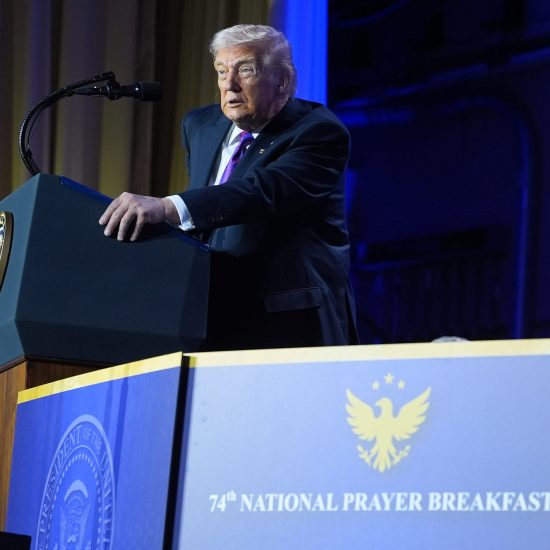
Sabrina E. Dent and Obery Hendricks, two of the foremost experts on race, religion, and American politics, gathered on Tuesday (Feb. 7) for a virtual “kitchen table-style conversation” about the state of White Christian Nationalism. The hour-long event, moderated by Candace Bond-Theriault, was organized by Columbia Law School’s Law, Rights, and Religion Project to celebrate Black History Month.
The discussion centered around questions about whether White Christian Nationalism is actually on the rise, how it impacts people of faith who are also people of color, and how people of color define religious freedom.
Dent, president of the Center for Faith, Justice, and Reconciliation, defined Christian Nationalism as the assumption that “everyone in the United States, in order to be an American, they have to be Christian.” And this dangerous ideology “has shaped and been influenced by racism, bigotry, homophobia, and religious discrimination. It is all of that wrapped together. And the root of it is White Supremacy.”
Hendricks, who among many other things currently teaches religion and African American studies at Columbia University, added that “White Christian Nationalism is anti-Christian,” is best understood as a “betrayal of the Gospel,” and amounts to a “weaponization of Jesus.”
“The Black Church takes much more seriously ‘love your neighbor as yourself’ than the White Church,” he added. “The Gospel is communal. … The whole Bible is about the common good, not about individualism. The White Church does not understand that. That’s why they are the incubator for capitalism and libertarianism.”
Both scholars were clear that they were addressing the ideology of Whiteness, not the descendants of Europeans writ large.
“Whiteness is an ideology of privilege. Neither of us wants to sound like we are attacking White people. We are attacking White ideology,” Hendricks explained.
In fact, White Christian Nationalism has been a problem within the Black spaces too. As Bond-Theriault pointed out, “White Christian Nationalism isn’t something that’s out there. It’s something that also infiltrates into the Black Church as well, just like capitalism, just like all of the systems that we’re all living within.”

Addressing the question of how religious freedom is understood differently by people of color, Dent made the case that “we cannot understand one without the other.” She added that “some of the most frequent and visible articulations of American religious freedom are exclusive and even coercive. … Appeals to religious freedom cannot be segregated from America’s fractious politics of race and Empire. To be sure, religious freedom is not neutral.” Hendricks added, “You can be an atheist, but you can’t really be in touch with Black folks if you don’t realize how important that Black church has been for our survival.”
As far as whether White Christian Nationalism is on the rise, Hendricks pointed toward recent studies that demonstrate that the number of people who subscribe to the ideology is actually on the decline and might even be as low as 16% of White Christians. But White Christian Nationalists have felt so empowered by the political climate and been so successful in growing political influence that they are winning the ability to impose their beliefs on others through government policies.
So what can be done to counter White Christian Nationalism? One way the speakers recommended to push back against this ideology is by contacting local and national elected officials and organizing through your church, whether this is to address everyday issues like what is happening in local public schools or wider problems like voter suppression and women’s healthcare. Dent also pointed out that there are Christians who are already speaking out on this issue and deserve support, such as the Baptist Joint Committee for Religious Liberty’s Christians Against Christian Nationalism campaign.
Hendricks concluded by remarking on the stakes of this conversation: “We’re talking about white supremacy on steroids. We’re not just talking about the marginal stuff — it’s going to get worse. Donald Trump has opened Pandora’s box of hatred, and he’s empowered these folks and he’s given them a justification for acting out of their worst selves, their most bitter and angry angels. And it’s going to be very, very dangerous. It has become dangerous already, but it’s going to get more dangerous. So we have to stand up and fight this onslaught of evil. It’s evil because it seeks to harm people in order to get their own way.”
If you want to hear more from these scholars, Hendricks recently wrote a book Christians Against Christianity: How Right-Wing Evangelicals Are Destroying Our Nation and Our Faith and talked about it on the Word&Way podcast Dangerous Dogma. Dent co-hosts the Sister Act Podcast with Hurunnessa Fariad and Rabbi Sue Shankman, which is dedicated to exploring life, faith, and resilience from different religious traditions.






